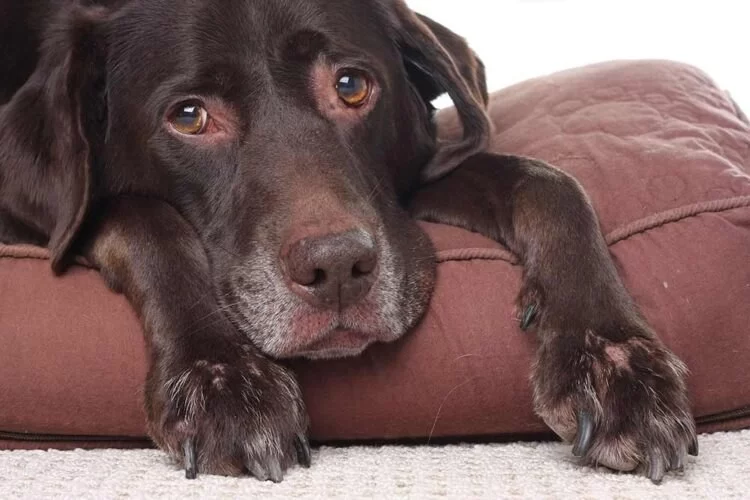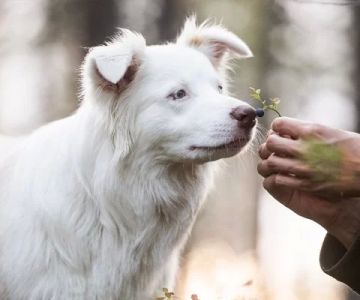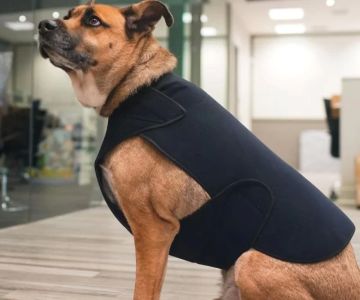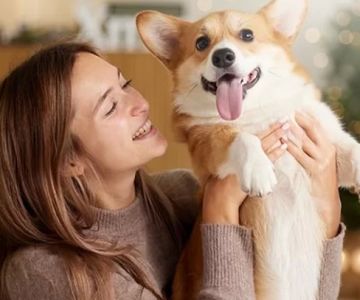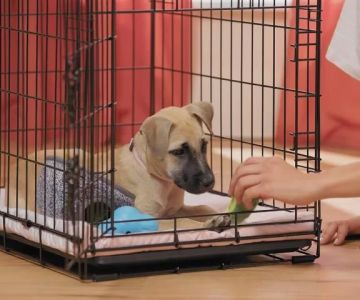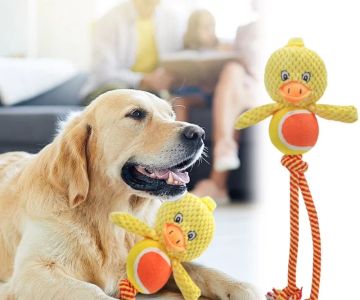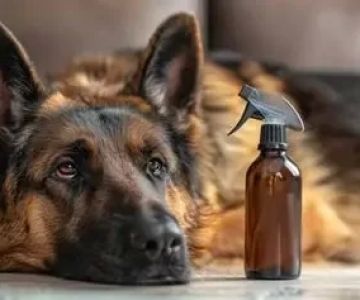How to Recognize and Treat Anxiety in Elderly Pets
1. Changes That Come With Aging
As pets grow older, their bodies and minds naturally go through changes that may affect how they handle stress. Senior dogs and cats may develop reduced vision, hearing loss, joint discomfort, slower cognitive response, or decreased energy. These changes can make situations that once felt normal suddenly feel overwhelming.
Many pet owners first notice something is different when their older dog becomes hesitant to climb stairs or when their long-time calm cat starts pacing at night. These shifts often come from underlying anxiety that builds slowly and subtly over time.
2. Common Signs of Anxiety in Senior Pets
Recognizing anxiety early allows you to provide comfort before symptoms worsen. While every pet expresses stress differently, several patterns commonly appear in elderly pets:
2.1 Behavioral Changes
Older pets may start showing new behaviors that seem out of character. These can include clinginess, hiding, restlessness, sudden vocalization at night, or refusing to be left alone. Some pets become easily startled, reacting strongly to noises that never bothered them before.
2.2 Physical Symptoms
Stress can cause physical signs as well. You may notice trembling, panting, pacing, gastrointestinal upset, or excessive grooming. Some older cats might develop hair loss from over-licking, while dogs may pant even in cool environments.
2.3 Cognitive Confusion
Aging pets sometimes struggle with cognitive dysfunction, which can look similar to human dementia. This confusion often triggers anxiety. They may forget familiar routes inside your home, wander aimlessly, or stare at walls or corners. These moments of uncertainty can make them fearful, especially at night.
3. Real-Life Scenario: How Anxiety Looks for Elderly Pets
To better understand how anxiety affects senior animals, imagine a 14-year-old Labrador named Max. After years of living peacefully with his family, he suddenly began pacing in the evenings. He would walk from room to room, whining softly, unsure where to settle. His owners first thought he was just restless, but the behavior worsened. Max eventually began trembling whenever the lights dimmed or whenever he lost sight of his owners, even for a moment.
His veterinarian discovered age-related cognitive decline and anxiety brought on by his reduced hearing. By making small changes—adding night lights, creating a warm resting space, and incorporating gentle enrichment—Max began sleeping through the night again. This kind of transformation is common once owners understand what their elderly pets are experiencing.
How to Treat Anxiety in Elderly Pets
4. Creating a Supportive Home Environment
Comfort is essential for aging pets. One of the best ways to reduce anxiety is to make their environment predictable and soothing. Keep household routines consistent, including feeding times, walks, and bedtime. Provide soft bedding in a quiet area where your pet feels safe. For cats, offer elevated or enclosed spaces; for dogs, create a comfortable resting zone away from heavy foot traffic.
Using night lights can help pets with vision loss navigate the home safely. Maintaining a warm environment also helps relieve joint discomfort, which can contribute to stress.
5. Using Behavioral Enrichment
Gentle enrichment can keep elderly pets mentally stimulated without overwhelming them. Slow-paced scent games, food puzzles designed for senior pets, and soft toys can encourage positive engagement. For dogs, short sniff walks rather than high-energy walks can help reduce anxiety. For cats, windows with bird feeders outside or soft playtime sessions work well.
Positive reinforcement is key. Reward calm behavior with gentle praise, treats, or soft petting to teach your pet that their environment is safe.
6. Addressing Medical Factors
Before assuming behavior is emotional, always rule out medical issues. Pain from arthritis, dental disease, or chronic conditions often causes anxiety-like behaviors. Elderly pets may not cry out in pain, but they may pace, become irritable, or withdraw socially.
Your veterinarian can run diagnostic tests, evaluate mobility issues, and suggest appropriate treatments to relieve physical discomfort. When pain decreases, anxiety often follows.
7. Natural Remedies and Therapies
Many senior pets benefit from natural calming aids. These may include pheromone diffusers, calming chews, herbal supplements, or soothing music. Gentle massage therapy can also help relieve stress and increase relaxation. Weighted blankets or snug-fitting anxiety wraps can provide comfort, especially during storms or loud events.
It is important to introduce new products gradually to see how your pet responds, as elderly animals may be more sensitive to changes.
8. Prescription Options for Severe Anxiety
If anxiety becomes severe or disrupts your pet’s daily life, veterinarians may recommend medication. Modern anxiety treatments for pets are safe and tailored for senior health needs. These medications can significantly improve quality of life for both pets and their families by easing panic cycles and restoring calmness.
Working closely with your veterinarian ensures your pet receives the correct dosage and regular monitoring to maintain overall health.
Helping Elderly Pets Feel Safe and Loved
9. Building Emotional Support Through Routine
Senior pets thrive on connection and security. Spend quiet time with them each day, whether through brushing, gentle play, or simply sitting beside them. Older animals often need reassurance more than they did in their youth. Your presence alone can greatly reduce their anxiety.
10. When to Seek Professional Help
Any sudden or severe change in behavior is worth discussing with a veterinarian. Early intervention is the best way to prevent escalating stress and ensure your pet’s comfort. Behavioral specialists can also help create personalized plans for managing anxiety related to aging.
For professional guidance tailored to your senior pet’s needs, you can always visit Hidden Brook Veterinary for the most appropriate care recommendations.

